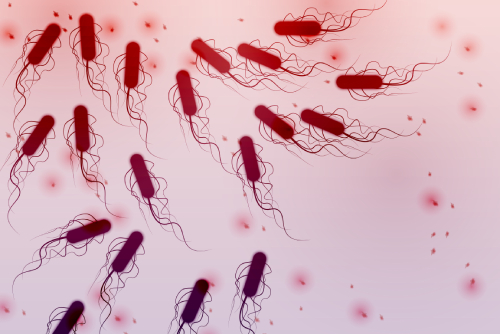E. coli, or Escherichia coli, is a type of bacteria that normally lives in the intestines of humans and animals. While most strains are harmless, others can cause severe stomach cramps, diarrhea, and vomiting. Understanding what puts you at risk for an E. coli infection will help you maintain your health and prevent potentially serious outcomes.
Consumption of Contaminated Food
One of the most common ways individuals contract an E. coli infection is through the consumption of contaminated food. Raw or undercooked meat, especially beef, is a significant risk factor. However, one of the myths and misconceptions about E. coli is that foods of bovine origin are the only source. E. coli can also be present in raw milk, unpasteurized dairy products, and fresh produce not properly washed. Ensuring that your food is cooked to the right temperatures and handling produce with care can significantly reduce the risk of infection.
Contaminated Water
Drinking or swimming in contaminated water also elevates the risk of an E. coli infection. This includes water from lakes, rivers, pools, and even municipal water supplies when they become contaminated. Boiling water or using water purification systems can help safeguard against E. coli in drinking water. Always avoid swallowing water when swimming in lakes or pools to minimize your risk.
Poor Personal Hygiene
Another factor that increases the risk of an E. coli infection is poor personal hygiene. Failing to wash hands thoroughly after using the bathroom or handling raw food can easily spread the bacteria. Therefore, regular handwashing with soap and water serves as a simple yet effective defense against E. coli.
Close Contact With Infected Individuals or Animals
Being in close contact with someone who has an E. coli infection or with animals that carry the bacteria can increase your risk. This is because E. coli can be transmitted through tiny fecal particles.
If you understand what puts you at risk for an E. coli infection, you can better protect yourself and your loved ones from this bacterium. Prevention is always better than the cure, so take the necessary precautions to stay healthy, and reach out to healthcare professionals if you do notice signs of infection.





Leave A Comment